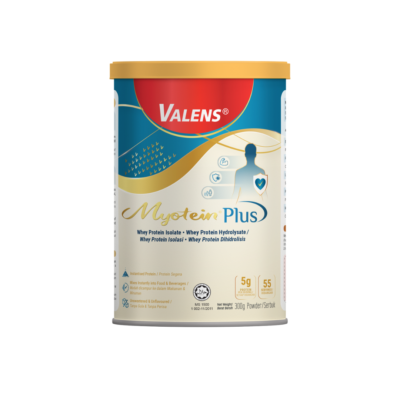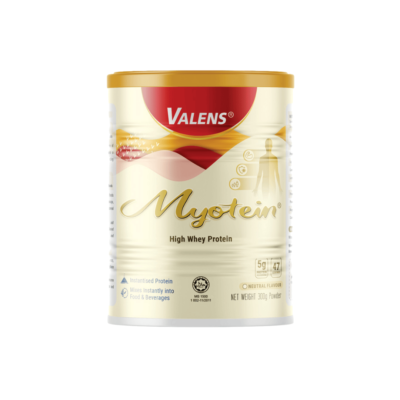Low energy levels, fatigue, brain fogs, indigestion, hunger pangs or cravings… do these sound familiar to you when it comes to fasting during the Holy Month of Ramadan?
Well, you’re not alone, for these are some common issues we face when we fail to eat right during Sahur. When it comes to Sahur, we should focus on the quality of nutrition we are getting, and not on the portion size.
A common mistake most Malaysians make during Sahur, or even most meals, is overeating carbohydrates such as rice or noodles because these are our staple food. While carbohydrates are a good source of energy, we have to make sure we are also getting a good balance of other nutrients, such as proteins and fibres.

A common mistake most Malaysians make is overeating carbohydrates such as rice or noodles because these are our staple food.
In fact, proteins and fibers are the ones that give better satiety. Good quality protein sources are such as eggs, fish, chicken, beef, milk, tofu, tempeh, beans and so on, while good fibers can be easily acquired from vegetables, fruits and legumes.
When we fast, as we skip meals in between, the lack of protein is an apparent issue most Malaysians commonly face but are not aware. This is why it is important to get sufficient proteins during Sahur.
Protein is a very important macronutrient: a key nutrient which our body needs in a large quantity every day. Known as “Building Blocks of Life” for healing and restoration, protein does not only benefit our muscles, but is constantly required to renew and repair our body cells and tissues, regulate various metabolic functions in our body, and support our immune system1.
Another interesting fact is our body does not store proteins, so unlike fats or carbohydrates (which unused excess will turn into sugar), proteins are utilised constantly every day for our cells, tissues, and various important functions.

According to the Recommended Nutrient Intake of Malaysia (RNI), the ideal protein intake for a healthy adult is 1g of protein for every kg of his or her body weight. This means, if a person weighs 50kg, he or she should ideally be getting 50g of protein every day.
For some, getting sufficient proteins during Sahur could be a challenge due to a poorer appetite early in the morning, lack of time to cook and other factors. If you face these issues, what you could at least do is to ensure you get a protein-rich, nutritious beverage like a high protein smoothie using oats, kurma and good quality protein powders together.
For convenience’s sake though, I would suggest adding pure protein powder such as whey protein concentrate into a breakfast drink of choice such as a cereal drink, cocoa, coffee, tea, milk or yogurt. Be sure to read the labels and avoid anything that has added sugar or flavoured.
More than just how much you eat, what you eat is so much more important to last you through the day as you fast. Getting Sahur right is indeed essential to a healthier and more wholesome Ramadan.
Selamat berpuasa!
This article is written by Rushda Adiba Ismail, Clinical Dietitian from KPJ Damansara Specialist Hospital.
References:
Guoyao Wu. Food Funct 2016, Vol 16. Dietary protein intake and human health.









